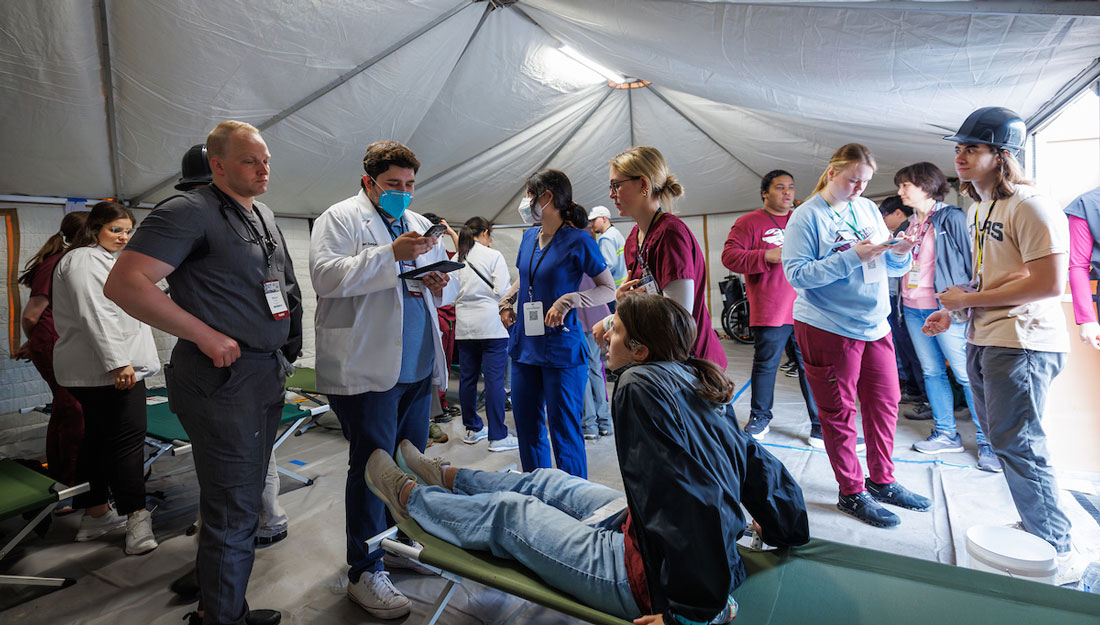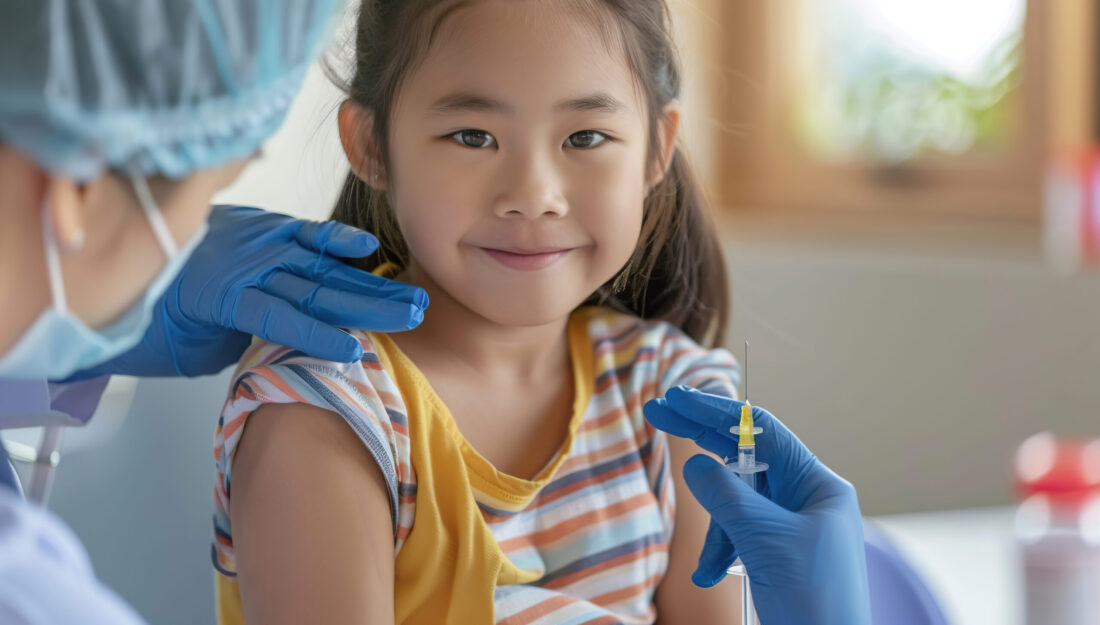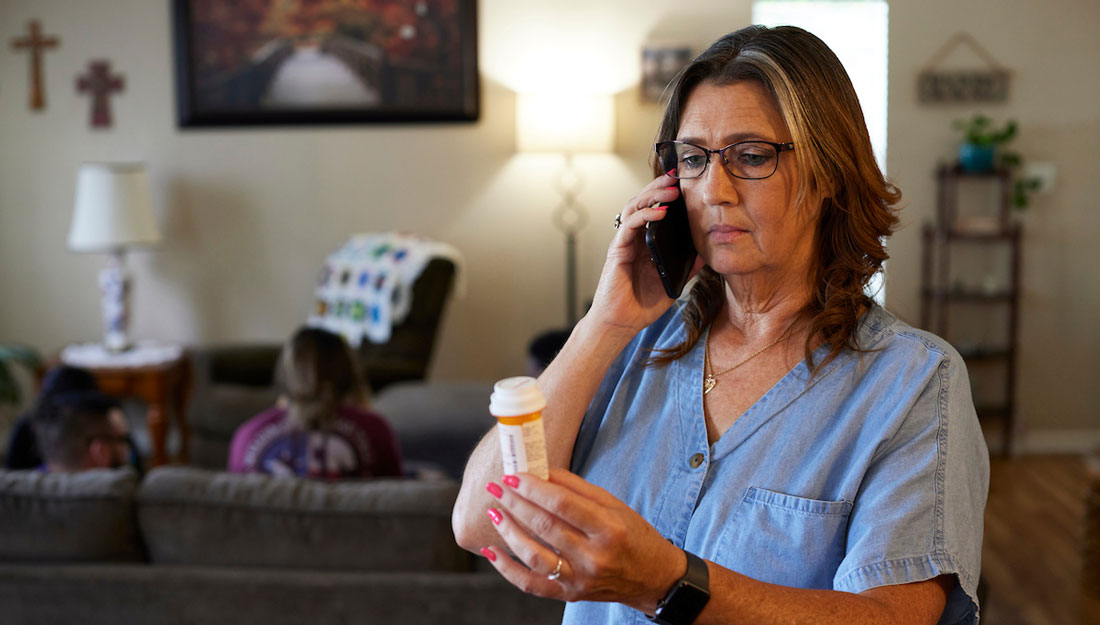COM researcher receives $2.6 million for military vaccine delivery project
(COLLEGE STATION, TX) — A Texas A&M Health Science Center College of Medicine researcher has received a $2.6 million grant award toward creating a new method for vaccine delivery for U.S. military personnel.
Allison Rice-Ficht, Ph.D., Regents Professor of molecular and cellular medicine and director of the Center for Microencapsulation and Drug Delivery at the HSC-COM, recently received the funding for her project, “Microencapsulation and Vaccine Delivery Research.”
Dr. Ficht and her colleagues will be working on the two-year project with the Military Infectious Disease Research Program, a component of the U.S. Army Medical Research and Materiel Command. It is their hope to have a prototype of the “pocket vaccine” ready for human testing at study end.
“Our study focuses on creating an improved vaccine delivery system that enhances performance of vaccines,” Dr. Ficht said. “This system would make the vaccine stable at room temperature and suitable for oral consumption. These are two important factors that would allow the vaccine to be taken without medical personnel on-site.”
When complete, the new vaccines – currently being designed for the infectious diseases brucellosis and Q-fever – will allow military members to carry capsules in their pockets for oral use in a crisis situation. While vaccines are immediately useful to military personnel, such products also may protect the general public in the future against deliberate release of harmful agents such as bacteria, viruses and toxins.
The CMDD is a multidisciplinary faculty group from five colleges with the capability to design and test sustained delivery of vaccines and pharmaceuticals. Ongoing research includes basic and applied microencapsulation technologies for biomedical use, controlled release drug delivery systems, non-biomedical applications in nanotechnology, and microcapsule products for petrochemical, agricultural and environmental control industries. Associate members include researchers from other universities, industry and NASA.
The Texas A&M Health Science Center provides the state with health education, outreach and research. Its six components located in communities throughout Texas are Baylor College of Dentistry, the College of Medicine, the Graduate School of Biomedical Sciences, the Institute of Biosciences and Technology, the Irma Lerma Rangel College of Pharmacy, and the School of Rural Public Health.
Media contact: media@tamu.edu


